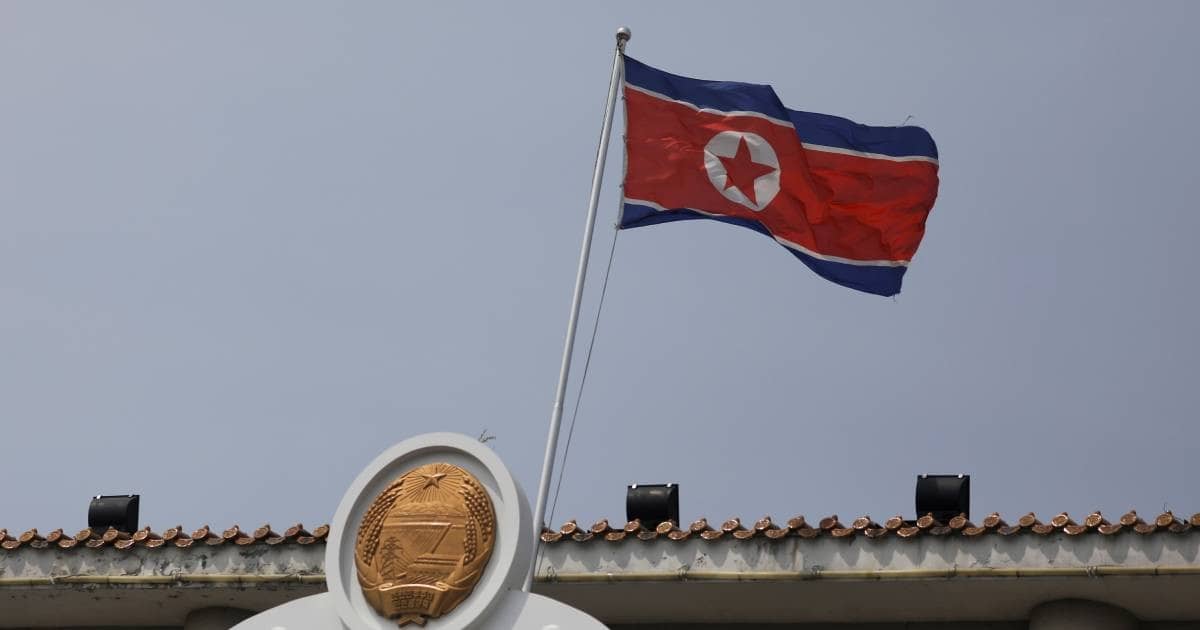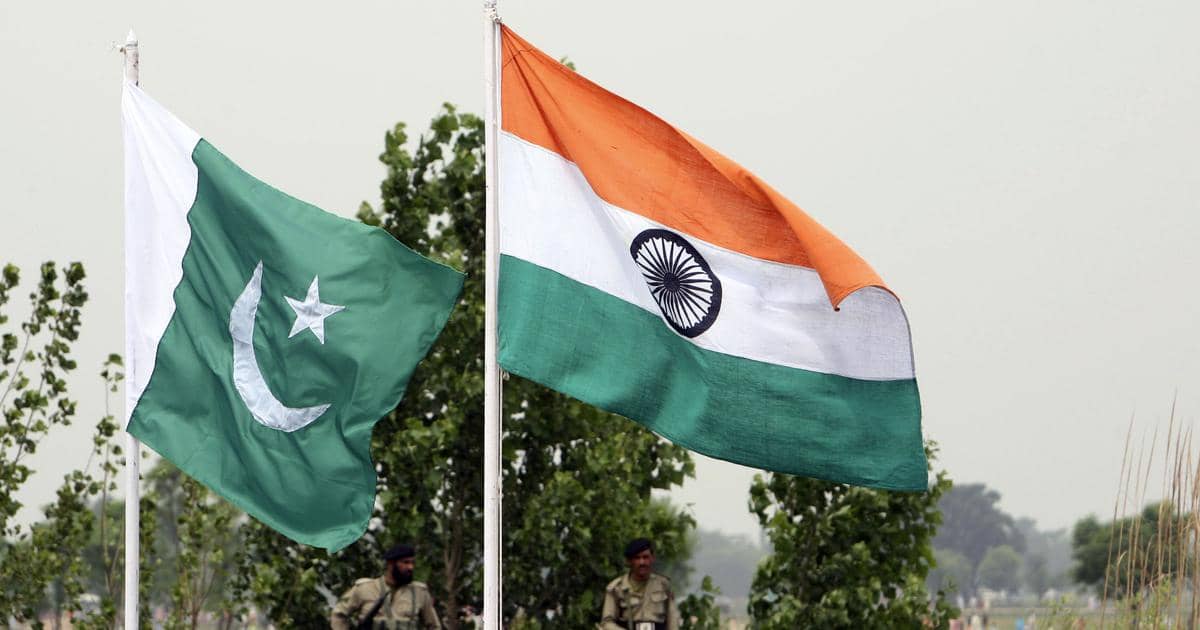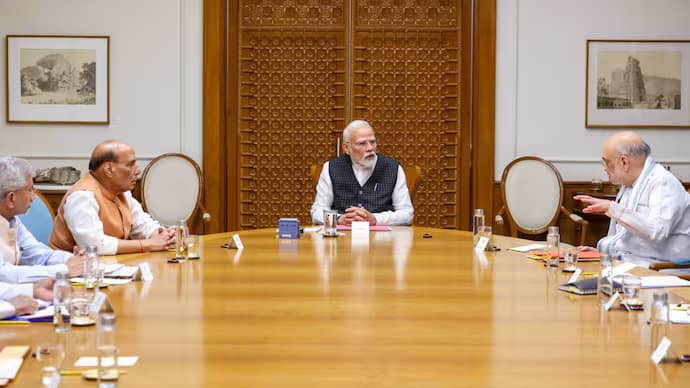Tensions on the Korean Peninsula flared up again as South Korea fires warning shots after North Korean soldiers briefly crossed the border line. This latest incident highlights the fragile peace between the two nations still technically at war.
The event took place near the Demilitarized Zone (DMZ) a heavily fortified strip of land separating North and South Korea. Reports indicate that a group of North Korean soldiers accidentally crossed the demarcation line before retreating after South Korea fires warning shots in response. BestPrimeNews
What Happened at the Border?
According to South Korean military officials the incident occurred when several North Korean soldiers stepped over the Military Demarcation Line (MDL). The exact number of soldiers involved remains unclear but it is believed they crossed due to poor visibility or while conducting construction work near the border.
The South Korean military quickly responded by broadcasting warnings and firing warning shots to force the North Korean troops back. No direct clashes were reported and the situation de-escalated without further conflict.
This is not the first time such an incident has occurred. The DMZ is a tense area where even small mistakes can lead to serious confrontations. The fact that South Korea fires warning shots shows how seriously they take any breach of the border.
Why Did North Korean Soldiers Cross the Line?
North Korea has not officially commented on the incident but experts suggest several possible reasons:
- Unintentional Crossing – The soldiers may have lost their way due to dense fog or unclear markings.
- Testing South Korea’s Defenses – North Korea often probes military reactions to gauge readiness.
- Construction or Patrol Error – Recent reports suggest North Korea has been building infrastructure near the border increasing the risk of accidental crossings.
Whatever the reason the immediate response from South Korea fires warning shots demonstrates their strict no-tolerance policy towards border violations.
Historical Context of Border Clashes
The Korean War (1950-1953) ended in an armistice not a peace treaty meaning the two Koreas are still technically at war. The DMZ acts as a buffer zone but skirmishes and provocations happen occasionally.
In recent years North Korea has increased military posturing including missile tests and aggressive rhetoric. Each time South Korea fires warning shots it serves as a reminder of how quickly tensions can escalate.
Past incidents include:
- 2017 – A North Korean soldier defected across the DMZ under gunfire.
- 2020 – North Korea blew up a joint liaison office near the border.
- 2022 – Multiple drone incursions led to South Korea firing warning shots.
These events show that even small actions can trigger major responses.
How South Korea Responds to Provocations
The South Korean military follows a strict protocol when dealing with border violations:
- Verbal Warnings – Loudspeaker announcements demanding retreat.
- Warning Shots – If verbal warnings fail South Korea fires warning shots as a next step.
- Direct Engagement – Only used if there is an immediate threat.
This measured approach helps prevent accidental escalation while maintaining strong defenses.
International Reactions
The United States and other allies closely monitor such incidents. The US has troops stationed in South Korea and any major clash could draw in global powers.
China and Russia North Korea’s main allies have not yet commented but typically urge restraint from both sides. The UN has repeatedly called for dialogue to reduce tensions but progress remains slow.
What This Means for Future Relations
While this incident ended without violence it adds to the growing list of provocations. North Korea continues to expand its nuclear and missile programs while South Korea strengthens its alliance with the US.
Analysts warn that without diplomatic breakthroughs small clashes could spiral into larger conflicts. Every time South Korea fires warning shots it underscores the need for better communication channels.
Conclusion
The latest border breach shows how fragile peace remains on the Korean Peninsula. South Korea fires warning shots as a defensive measure but the risk of accidental conflict persists.
The world watches closely hoping diplomacy will eventually replace military posturing. Until then the DMZ remains one of the most dangerous borders in the world.
For now South Korea fires warning shots as a necessary precaution but the bigger question is whether both sides can find a path to lasting peace. BestPrimeNews



